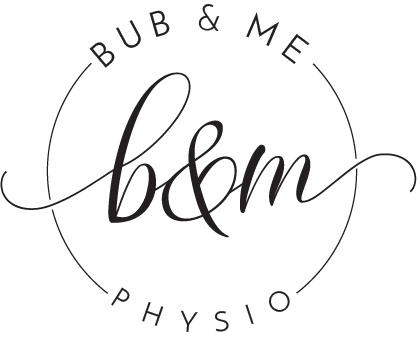When should you have a lactation consultation?
Sometimes it’s hard to know when you are doing just fine on your own, and when you need guidance from a health professional. There is no time this is more true than during pregnancy and postnatally, when you are juggling so many firsts and so much information overload! For this reason, we wanted to write about why you might reach out to a lactation consultant for expert advice.
Pregnancy Lactation Consultation
Anyone who is expecting a baby, and is planning to breastfeed, can benefit from a prenatal breastfeeding visit from a lactation consultant. During this visit the consultant will cover what to expect in the first few days and weeks after birth and will then focus on the topics that matter most to you. Partners and support people are welcome, so everyone understands what to expect once your baby is born.
There are some cases where a prenatal consultation is highly recommended, such as:
Planned early delivery
Breast surgery in the past (reduction, augmentation, biopsies)
Diabetes or gestational diabetes
Past breastfeeding problems
Twins and higher-order multiples
Expecting a baby with cleft lip/palate; Down syndrome; heart conditions; or any other expected issues
Adoption, surrogacy, or induced lactation
Postnatal Lactation Consultation
For every mother and baby who seem to take to breastfeeding with grace, there will be another pair who don’t have such an easy time.
Breastfeeding can be a wonderful experience that fosters bonding and provides health benefits for mum and baby. But, in MANY cases, breastfeeding and milk production can be challenging.
Some reasons you may seek advice and guidance from a lactation consultant include:
Difficult or painful latching
Low milk supply or too much milk supply
Infant weight loss (more than 10% loss from birth weight) or inadequate weight gain after two weeks post-birth
Fussiness at the breast or breastfeeding refusal
Breast or nipple pain and/or infections
Babies with special feeding needs including premature infants and multiples
Preparing to go back to work or school
Weaning and formula use
General breastfeeding education, support and follow-up
Millie was lucky enough to interview Anne Endres, a midwife and lactation consultant, on just this topic. This link will take you to the interview on our facebook page.
Are you pregnant? Grab a copy of our free e-book, which offers information, strategies and exercises to help:
Understand your changing body, reducing risk of injury or complications
Prepare your pelvic floor for labour and birth
Minimise abdominal separation
Give you confidence to keep moving and stay strong


